Mozambique Elections: Ending demonstrations depends on acknowledging popular will - AIM | Watch
Mozambique: On road to democratic normality with regional elections – historian

Portuguese historian and security consultant Jaime Nogueira Pinto has in an interview with Lusa expressed confidence that Mozambique can move to democratic normality, following the death of the leader of the main opposition party and move to hold provincial elections.
Opposition party and former guerrilla movement “Renamo was always very much dominated by the figure of its president”, argued Nogueira Pinto, adding that “whoever it is” that is elected at the next congress, “I think that the members get on”.
In May, after the death of veteran leader Afonso Dhlakama, the party appointed Ossufo Momade as interim leader, and agreements were signed with the president of Mozambique, Filipe Nyusi of Frelimo, to integrate members of Renamo’s armed wing into the national army and to hold provincial elections. The latter had been a long-standing demand of Dhlakama, who had the ambition of governing several provinces in the centre of the country.
In the interview with Lusa, Nogueira Pinto also cited ethnic tensions as being at the root of the outbreak of Islamist radicalism in the north of Mozambique.
The province of Cabo Delgado has seen a series of attacks on villages that have claimed dozens of lives, reportedly by Islamic fundamentalist groups – a phenomenon that Nogueira Pinto says is related to the radicalisation of some members of the Mwani tribe, a group that inhabits the coastal regions in northern Mozambique and southern Tanzania.
It is, he explained “an old tribal question: the Mwani always had a political identity” and were “normally in opposition to the Macondes” – another of the larger tribes in northern Mozambique.
According to Nogueira Pinto, the Mwanis “had an old tradition of Sufism” – a more moderate form of Islam – but many “youths from these villages travelled abroad” and were radicalised there.
“The phenomena of jihadist recruitment have perfectly established paradigms”, with the training of youngsters who then return to their countries of origin and there “censure” those who stayed at home and their form of practising Islam.
The returnees set up their own mosques and, “at a certain time, move to action,” Nogueira Pinto went on. “It was more or less what was repeated there” in Mozambique.
Today the region is being terrorised “not least because they are doing what all guerrillas do when they set up in an area, which is to cause terror in the sense that whoever cooperates with the authorities is eliminated.”
The situation is still more complex because it has arisen in an “area where Mozambique is concentrating its hopes for the future”, due to the large natural gas finds in the basin of the River Rovuma.
It was in this context that the jihadist terror groups have emerged, with a tribal but also criminal base, explained Nogueira Pinto. “All these phenomena are always very mixed up.”



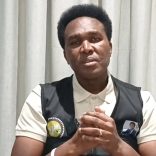
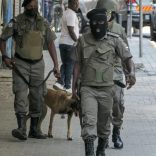

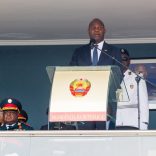
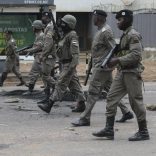
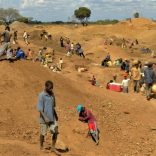
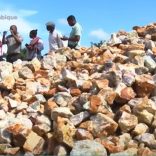
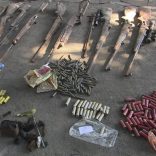
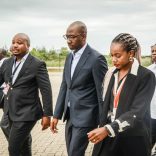
Leave a Reply
Be the First to Comment!
You must be logged in to post a comment.
You must be logged in to post a comment.